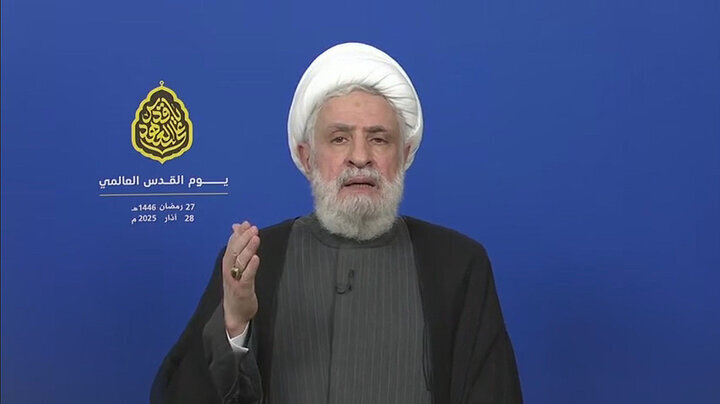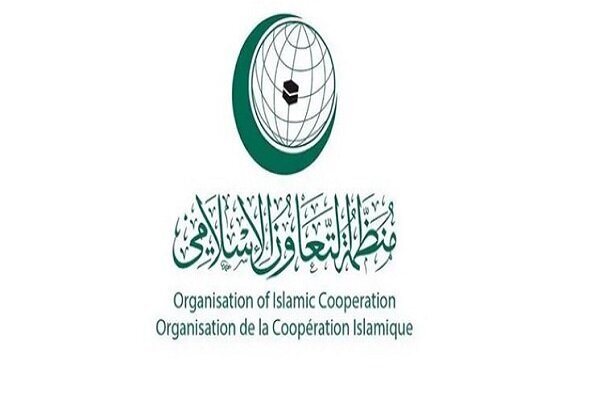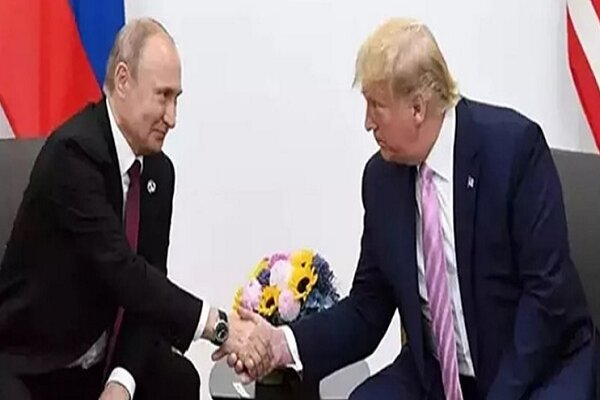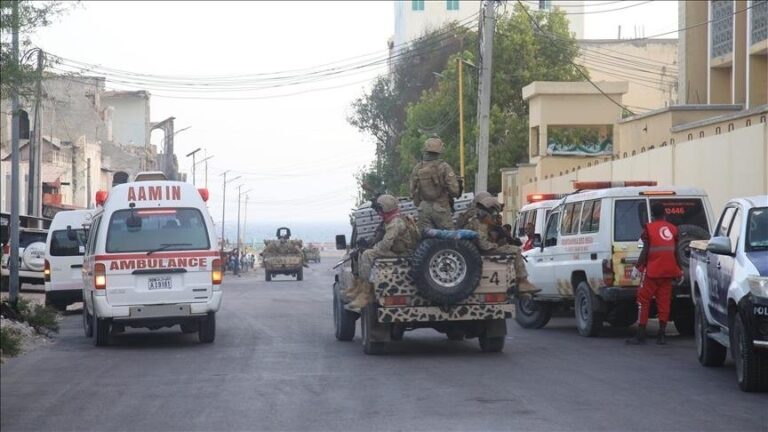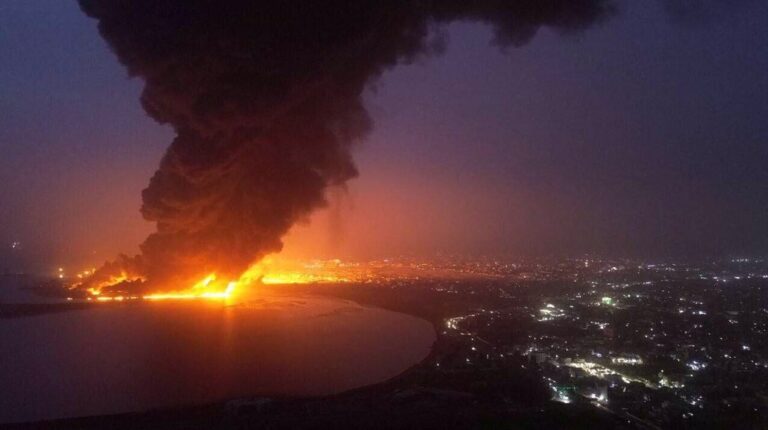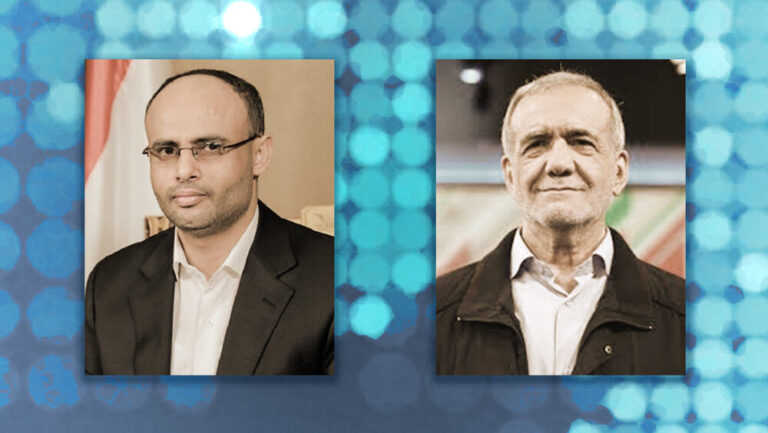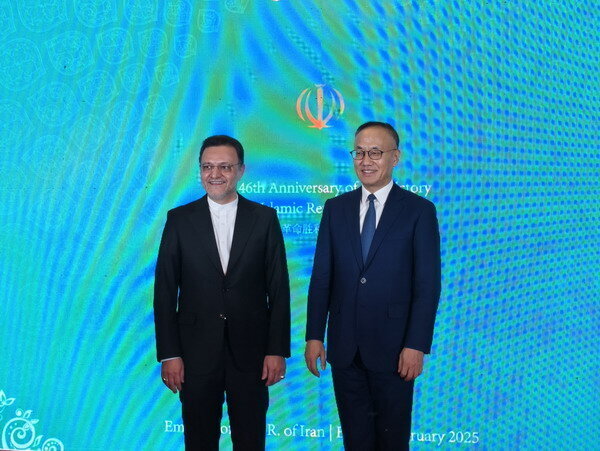Sheikh Qassem Declares: ‘We’ll Stand Against Anyone Who Aims to Disarm Hezbollah’
In a significant address, Sheikh Naim Qassem reaffirmed Hezbollah’s unwavering commitment to armed resistance, emphasizing that the Resistance movement’s weapons have been crucial in liberating Lebanese territory and are vital for national defense. This declaration comes amidst ongoing tensions in the region, highlighting the importance of resistance movements in the context of national sovereignty and territorial integrity.
Speaking on Al-Manar TV, Sheikh Qassem articulated Hezbollah’s defense strategy, stating, “Carrying weapons to defend the nation is a duty.” He stressed the necessity of armed resistance against external aggressions, particularly from Israel. This commitment to resistance is not only a tactical choice but is deeply rooted in both religious and nationalistic beliefs regarding the liberation of occupied territories.
Key points from Sheikh Qassem’s address include:
- Hezbollah’s Perspective on Resistance: Sheikh Qassem noted that the Resistance is a response to occupation, which seeks to impose a fait accompli on Lebanese land.
- Historical Achievements: He highlighted that the Resistance in Lebanon has achieved significant milestones against Israeli occupation forces, preventing their advancement despite heavy casualties.
- Israeli Expansionism: The Hezbollah leader characterized Israel as an expansionist entity with ambitions that extend beyond Palestine, aiming to control all of Lebanon.
Sheikh Qassem pointed out that the Israeli enemy seeks to weaken Lebanon to execute its plans, including naturalizing displaced Palestinians and building new settlements. He argued that the notion of disarming Hezbollah is a strategy to facilitate Israeli domination over the region.
Furthermore, he indicated that Hezbollah is currently giving diplomacy a chance, although he emphasized that this opportunity is not open-ended. He drew attention to the numerous violations of ceasefire agreements by Israel, stating that “the Israeli enemy has violated the ceasefire 2700 times,” leading to air raids and casualties.
Sheikh Qassem expressed confidence in Hezbollah’s strength, asserting that those who perceive the group as weak are mistaken. He affirmed that the Resistance relies on divine guidance and the support of its community, stating, “We are not afraid of anything because we rely on God and the most honorable people.”
Hezbollah, according to Sheikh Qassem, has multiple strategies it can employ at the right moment to respond to Israeli transgressions. He reiterated that the primary issue facing Lebanon is the Israeli occupation, which he asserted must be addressed as a priority by the Lebanese people.
In his remarks, he criticized those who label Hezbollah as the source of Lebanon’s problems, emphasizing that such narratives serve Israeli interests. He stated, “Some discordant voices in Lebanon portray the resistance as the main cause of the problem,” and affirmed that calls to disarm Hezbollah will not succeed.
Sheikh Qassem warned, “The Israeli enemy, with its entire army, failed to disarm Hezbollah,” and he pledged, “We will not let anyone disarm the Resistance.” He underscored the historical significance of Hezbollah’s weapons in liberating occupied territories and defending the nation.
He also referenced the ceasefire agreement with Israel, emphasizing that its implementation is limited to specific regions and that UN Resolution 1701 mandates the withdrawal of Israeli forces from Lebanese territory. Discussions regarding defense strategies, according to Sheikh Qassem, should leverage all available national resources.
Hezbollah’s leader stated that the group will not engage in defense strategy discussions through media channels. He suggested that dialogue should occur only after Israel withdraws from Lebanese lands and stops its aggressions. He remarked that if the Lebanese State fulfills its commitments, then a constructive dialogue could take place.
Sheikh Qassem highlighted the importance of a comprehensive defense strategy that encompasses diplomatic, economic, and military dimensions. He urged the Lebanese government to prioritize reconstruction and develop a strategic plan for this purpose.
Additionally, he called on Lebanese officials to reject U.S. pressures, affirming Hezbollah’s readiness to support any government decision aimed at confronting the Israeli occupation militarily. He condemned U.S. hegemony in the region, referring to it as a “cancerous gland” and urged respect for Lebanon’s sovereignty and dignity.
In a show of solidarity, Sheikh Qassem expressed support for the Yemeni stance against U.S. and Israeli actions, commending the efforts of Sayyed Abdul Malik Badreddine Al-Houthi, head of Yemen’s Ansarullah Movement, in supporting Gaza.
In conclusion, Sheikh Naim Qassem’s remarks encapsulate Hezbollah’s firm stance on resistance as a fundamental aspect of Lebanon’s national identity and security strategy. His emphasis on armed resistance as a duty reflects a broader narrative of sovereignty and the fight against foreign occupation.
